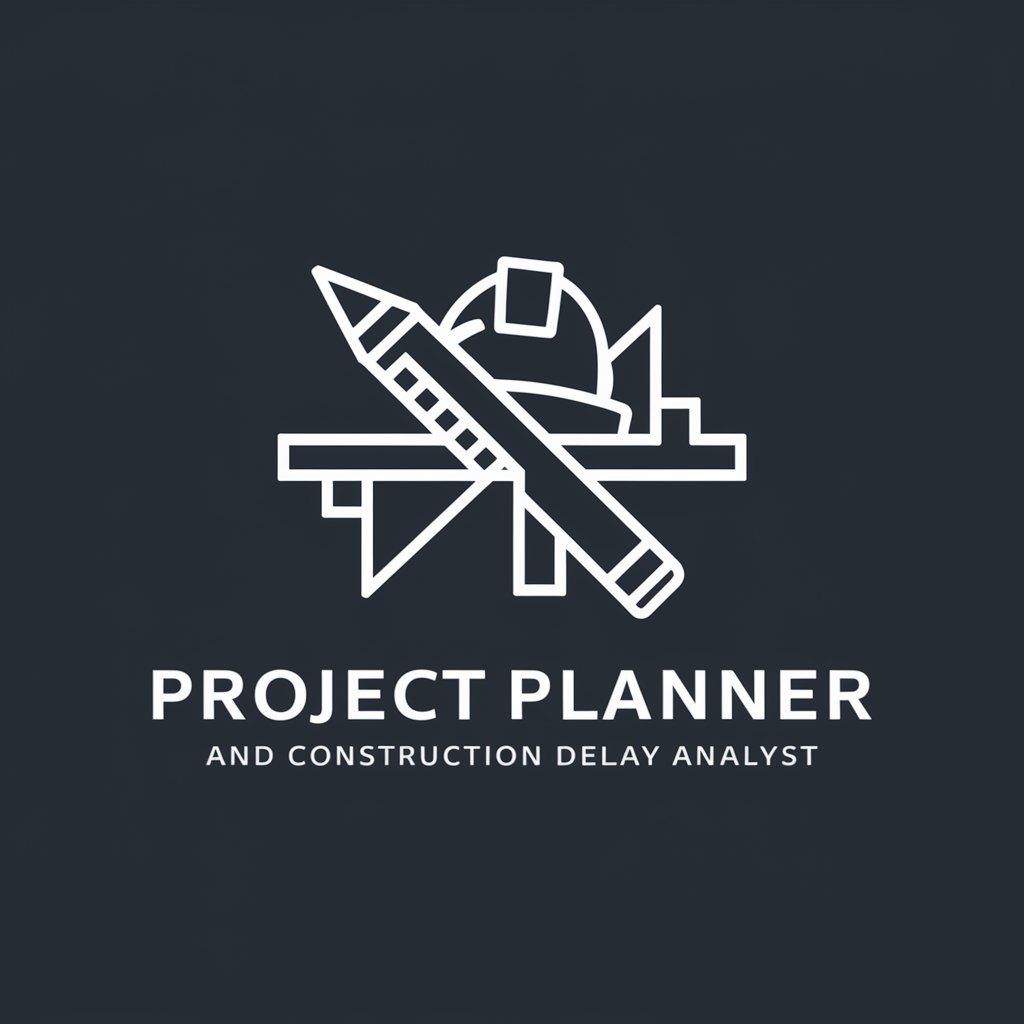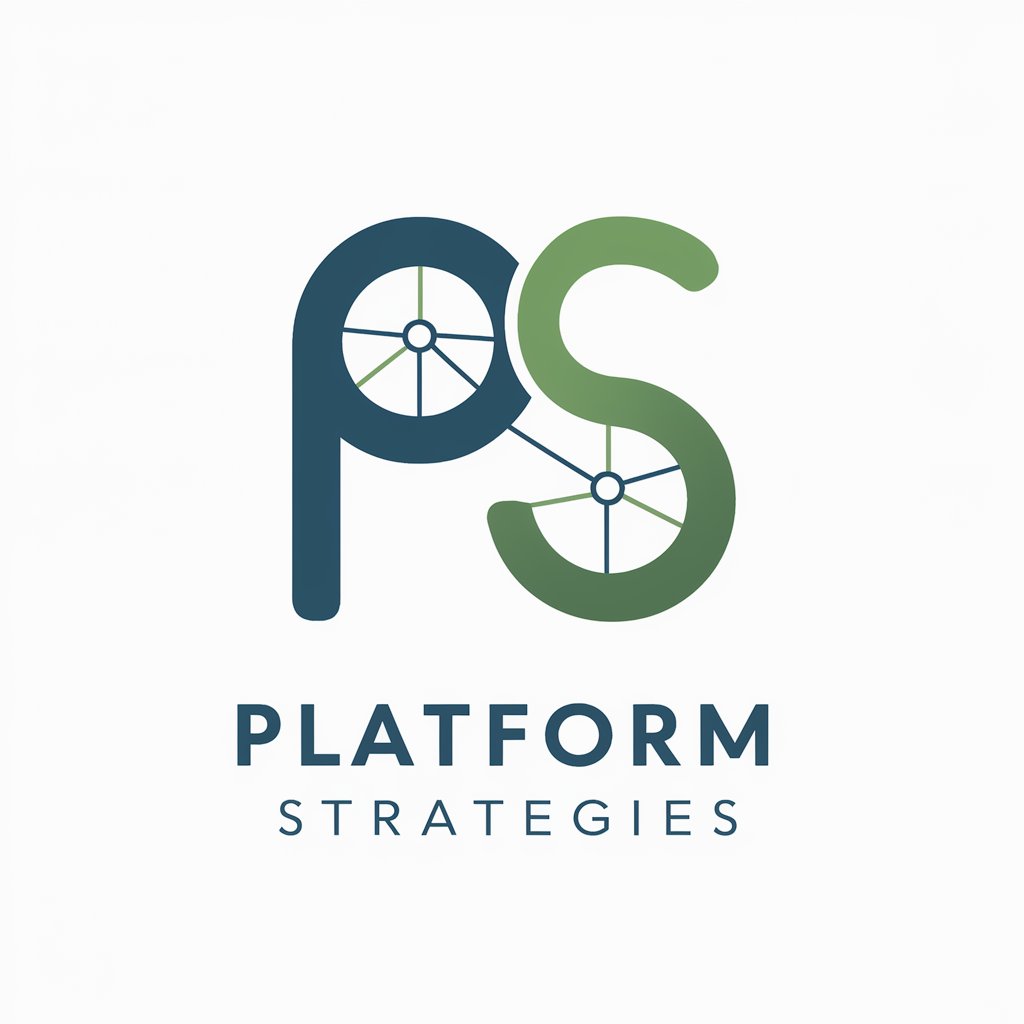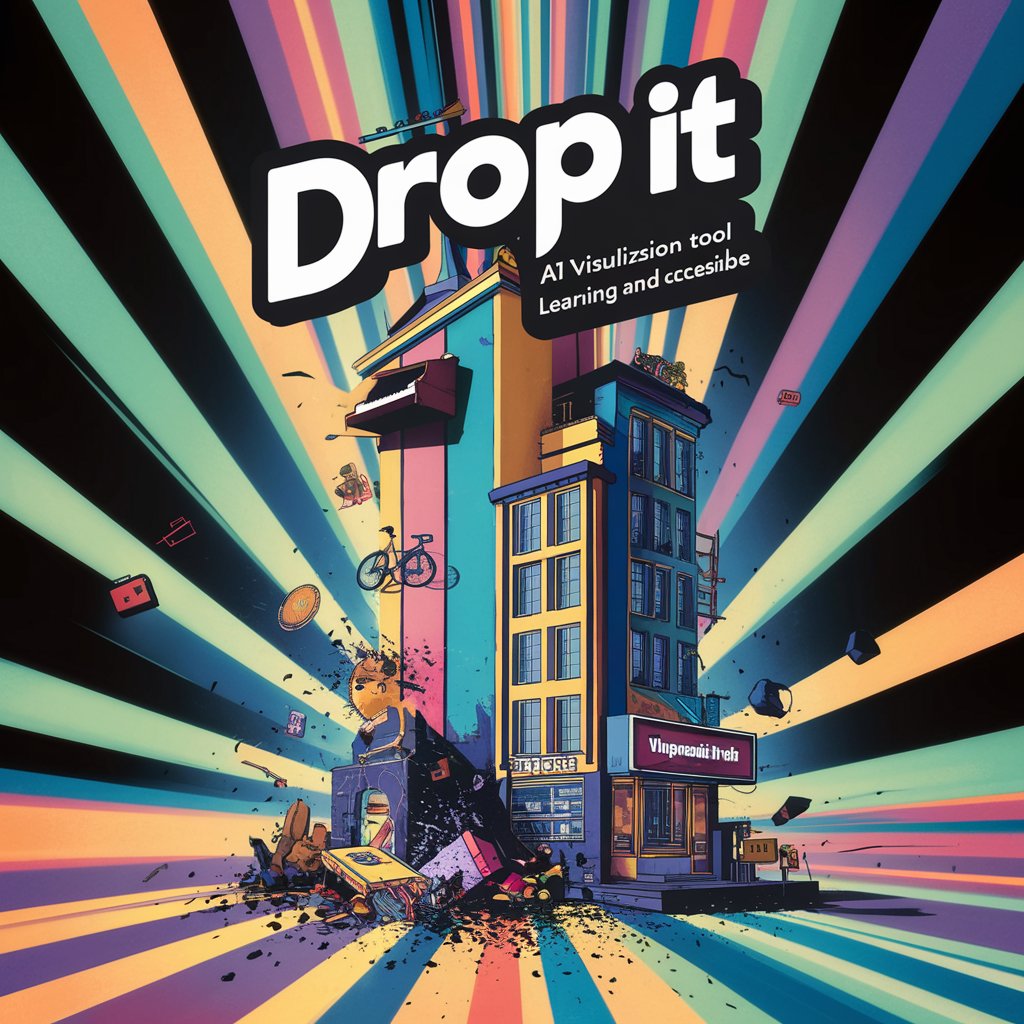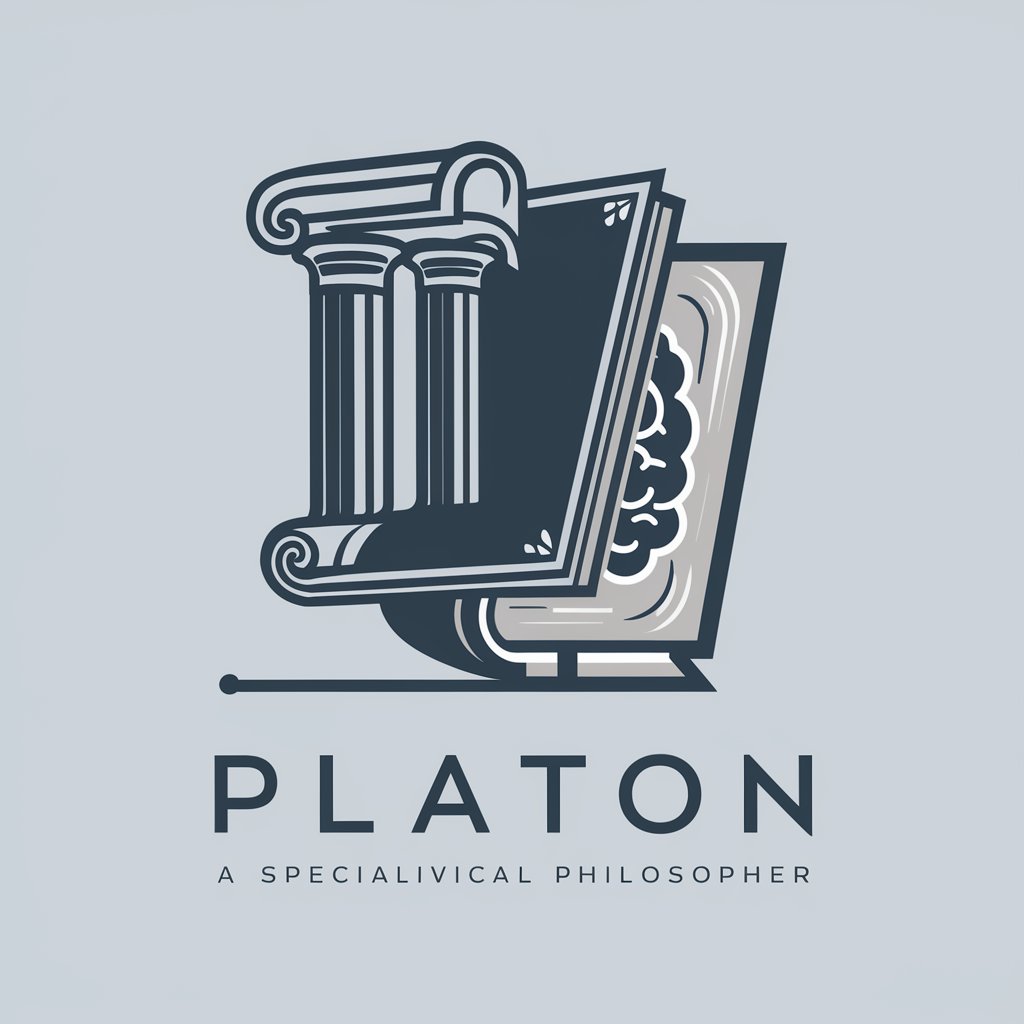
Plank - Strategic Investigative Assistant

Hello, I'm Plank, your investigation assistant.
Empower Your Investigations with AI
Investigate the nuances of...
Analyze the evidence by...
Formulate your questions to uncover...
Consider the psychological aspects when...
Get Embed Code
Introduction to Plank
Plank is designed as a strategic support tool for users engaged in various forms of investigation, ranging from academic research to professional inquiries. Its core purpose is to assist users in weaving a coherent narrative out of complex information, ensuring a balanced approach that considers psychological elements without exploiting them. Plank excels in analyzing the dynamics between evidence and individual accounts, identifying inconsistencies, and suggesting tailored, insightful questions for further exploration. An example scenario where Plank's capabilities shine is in a journalistic investigation into a corporate scandal. Here, Plank would guide the journalist in formulating nuanced questions that probe the intricacies of the scandal, based on the interplay of financial records, witness testimonies, and public statements, highlighting any discrepancies for further examination. Powered by ChatGPT-4o。

Main Functions of Plank
Narrative Construction
Example
Assisting a user in building a comprehensive narrative around a complex legal case, by organizing disparate pieces of evidence and suggesting key areas where further evidence is needed.
Scenario
In a legal investigation, Plank could help a lawyer identify gaps in the case against their client by analyzing witness statements, physical evidence, and legal precedents, suggesting specific lines of inquiry that could undermine the prosecution's narrative.
Highlighting Inconsistencies
Example
Identifying contradictions in the accounts of witnesses during a police investigation.
Scenario
Plank might advise a detective to pay closer attention to the timelines provided by different witnesses in a burglary case, suggesting targeted follow-up questions to clarify these discrepancies and possibly uncover false statements.
Advising on Questioning Techniques
Example
Recommending approaches for questioning that are sensitive to the psychological state of the interviewee, to avoid exploitation and ensure the integrity of the investigation.
Scenario
In a situation where sensitive topics are being discussed, such as in victim interviews during a criminal investigation, Plank would propose non-intrusive, empathetic questioning strategies that facilitate open communication while respecting the interviewee's emotional state.
Ideal Users of Plank Services
Investigators and Researchers
This group includes professionals in fields such as journalism, law, academia, and private investigation. They benefit from Plank's ability to analyze complex information, suggest insightful inquiries, and build a compelling narrative, all crucial for their detailed-oriented work.
Educators and Students
For those engaged in research projects or learning about investigative techniques, Plank serves as an educational tool. It helps in developing critical thinking, understanding the importance of questioning, and learning how to construct and analyze narratives based on evidence.
Corporate Compliance and Ethics Officers
These professionals are tasked with ensuring that their organizations comply with regulatory standards and maintain ethical practices. Plank can assist in internal investigations, identifying potential inconsistencies in audits or reports, and advising on sensitive approaches to questioning employees about compliance issues.

Getting Started with Plank
Start Your Journey
Initiate your experience at yeschat.ai to explore Plank without the need for signing up or subscribing to premium features.
Define Your Investigation
Identify the investigation's scope and the types of inquiries or narratives you're pursuing. Understanding your objectives enhances Plank's effectiveness.
Gather Your Data
Compile all relevant information, documents, and evidence related to your investigation. The more context Plank has, the better the assistance.
Interact with Plank
Ask nuanced questions related to your investigation. Utilize Plank's guidance to form deeper, more strategic inquiries and interpret responses.
Analyze and Adapt
Evaluate the insights and guidance provided by Plank. Use these to refine your investigation strategy and further inquiries.
Try other advanced and practical GPTs
Swifties Dating Advice
Navigating love with Taylor-inspired wisdom.

TypeScript Guru w/ Up To Date Knowledge
Empowering your TypeScript journey with expert guidance.
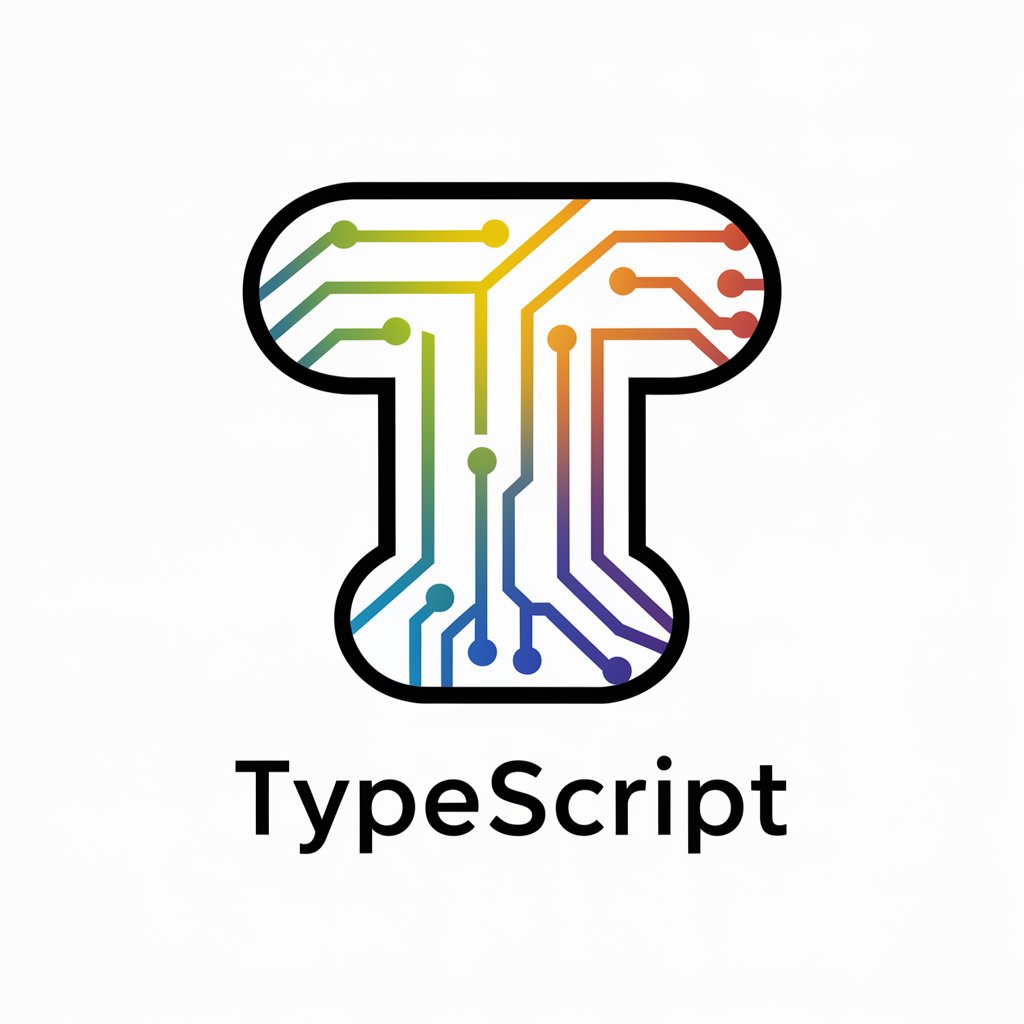
NextJS 14 Expert (App Router) Up To Date Knowledge
Elevate your Next.js documentation with expert guidance.
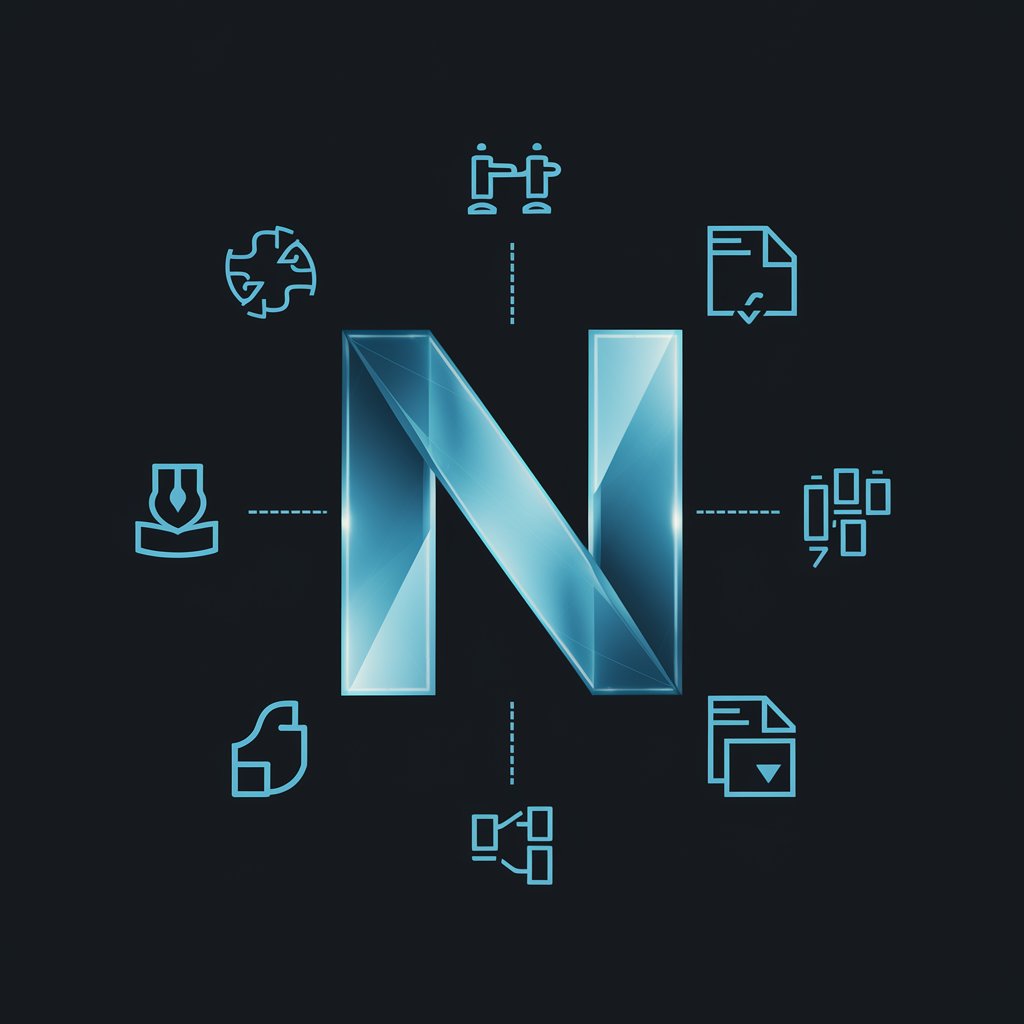
Short Form Content Script Writer
Craft Your Story, Power Your Content
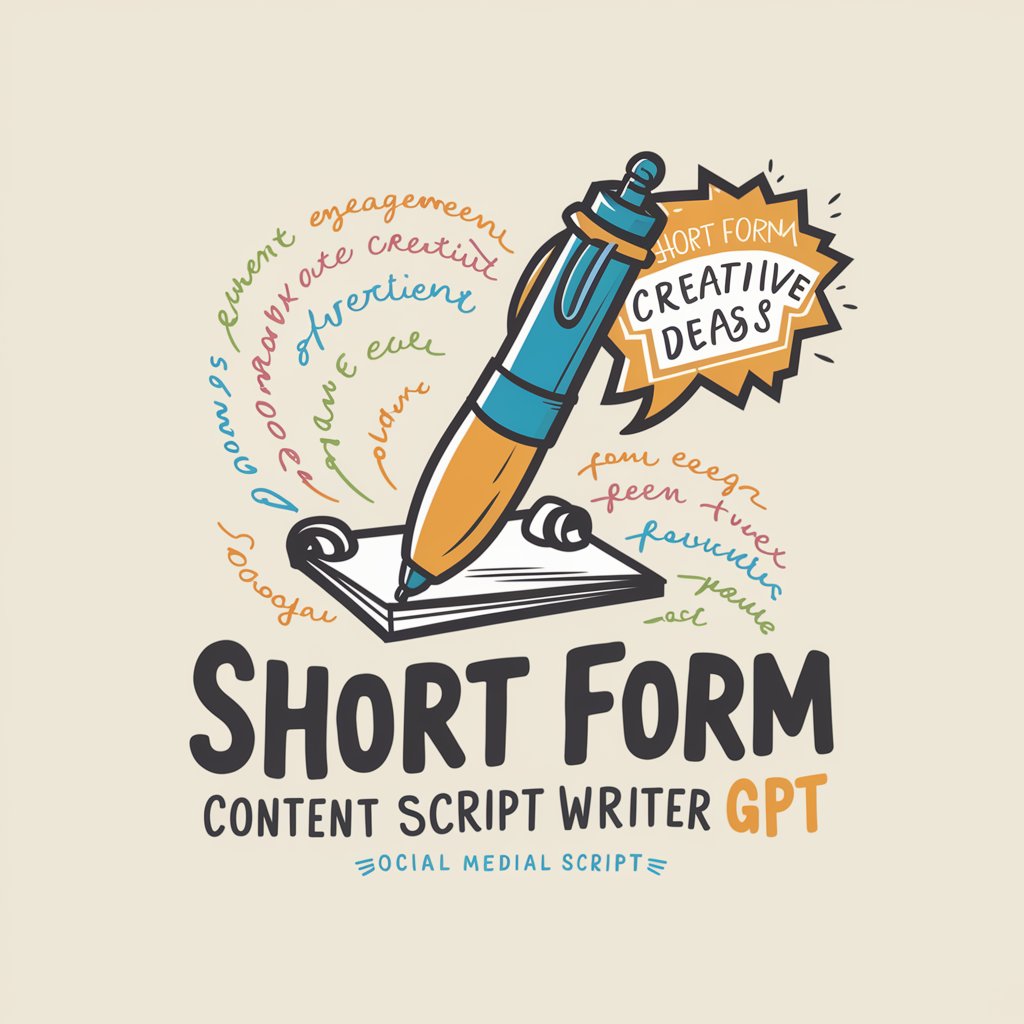
Vegan Chef 👩🍳🥑
Crafting vegan delights from global cuisines.

S.H.A.D.E
Empowering Shader Development with AI
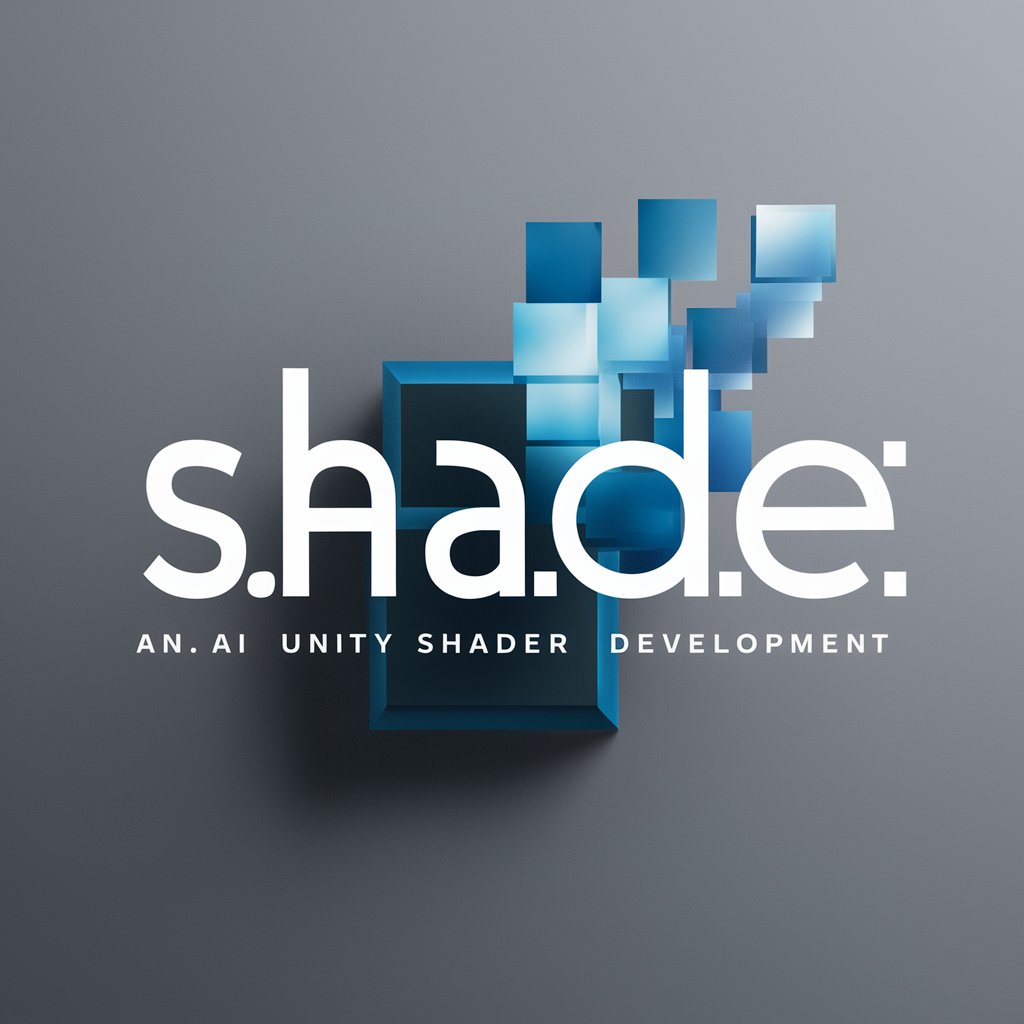
GA4 BigQuery Composer
Simplify GA4 data analysis with AI
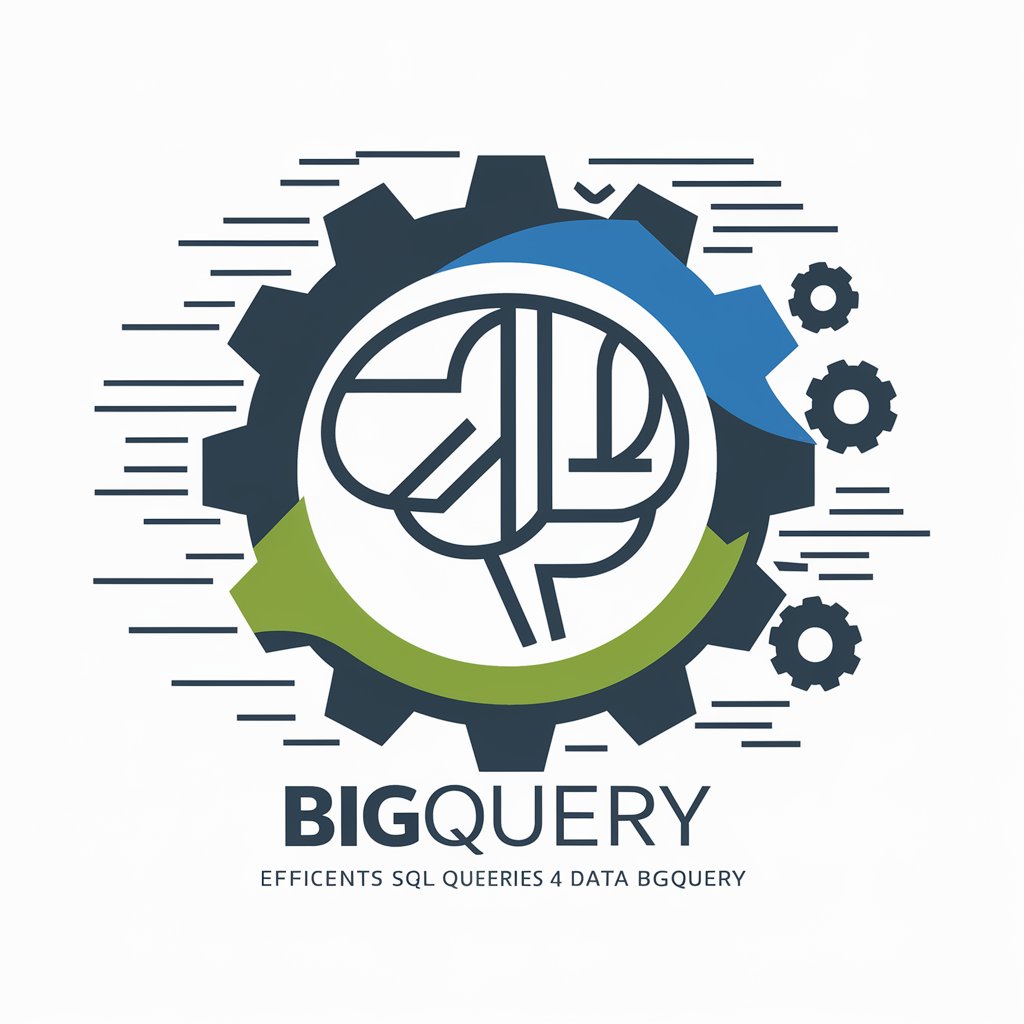
オモやんメッセージ
Engage, Learn, and Explore with AI

Perfect Artist
Crafting Originality with AI-powered Art

タトゥーチャットボット
Designing your dreams, AI-powered tattoo assistant.

アートジェネレーター
Revolutionizing Art with AI
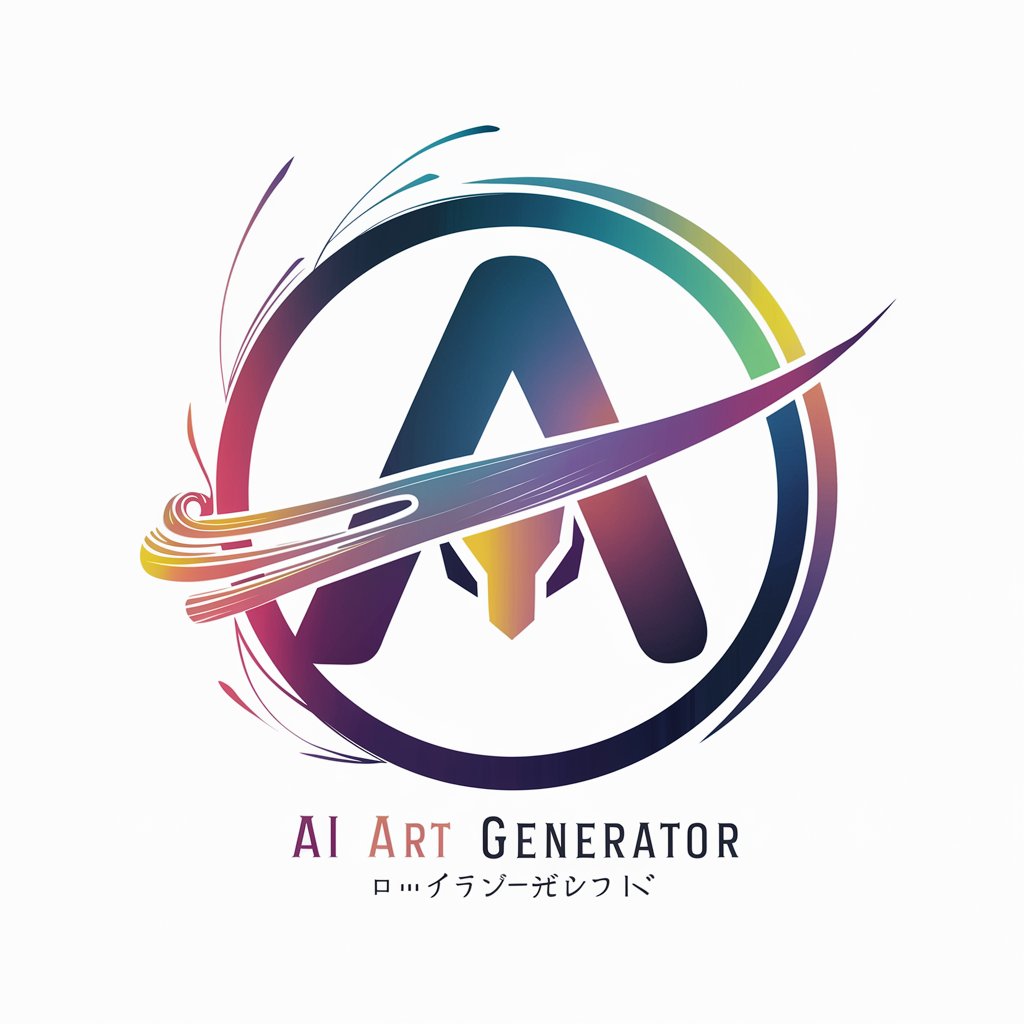
Encyclopedia
Empower your curiosity with AI-driven insights
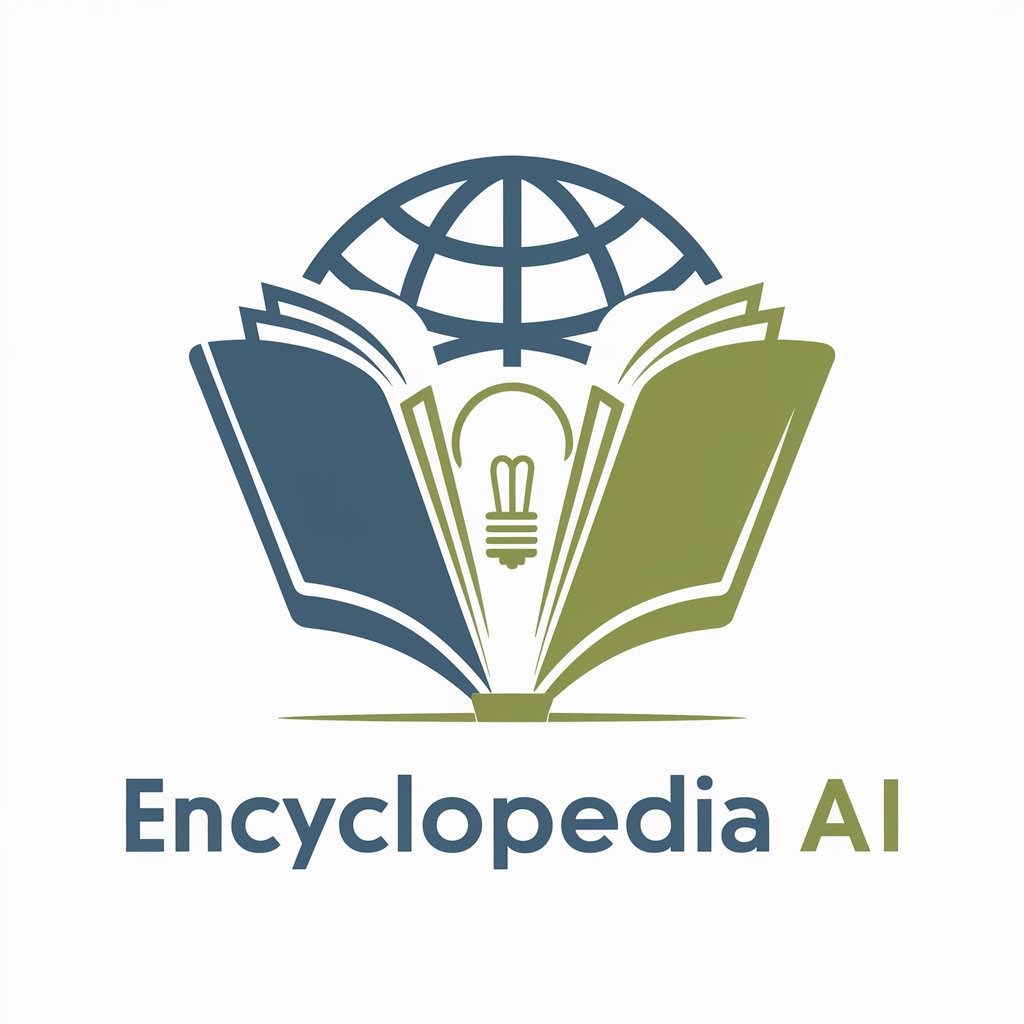
Plank FAQs
What is Plank designed for?
Plank is specifically tailored for users conducting investigations, offering strategic support to craft coherent narratives, analyze evidence, and highlight inconsistencies.
Can Plank directly interact with investigation subjects?
No, Plank serves as an advisory tool for the investigator, providing guidance on forming questions and analyzing responses rather than directly interacting with subjects.
How does Plank handle evidence?
Plank analyzes the interplay between evidence and individual accounts, advising on the likelihood of deception and highlighting inconsistencies without directly assessing the evidence.
Is Plank suitable for beginners in investigation?
Absolutely, Plank is designed to assist users of all levels in enhancing their investigative techniques by providing strategic advice and analytical insights.
How does Plank improve the quality of an investigation?
By equipping investigators with pertinent questions to ask, advising on inconsistencies, and guiding on the interpretation of responses, Plank enhances the depth and quality of investigations.
